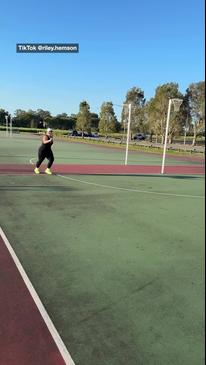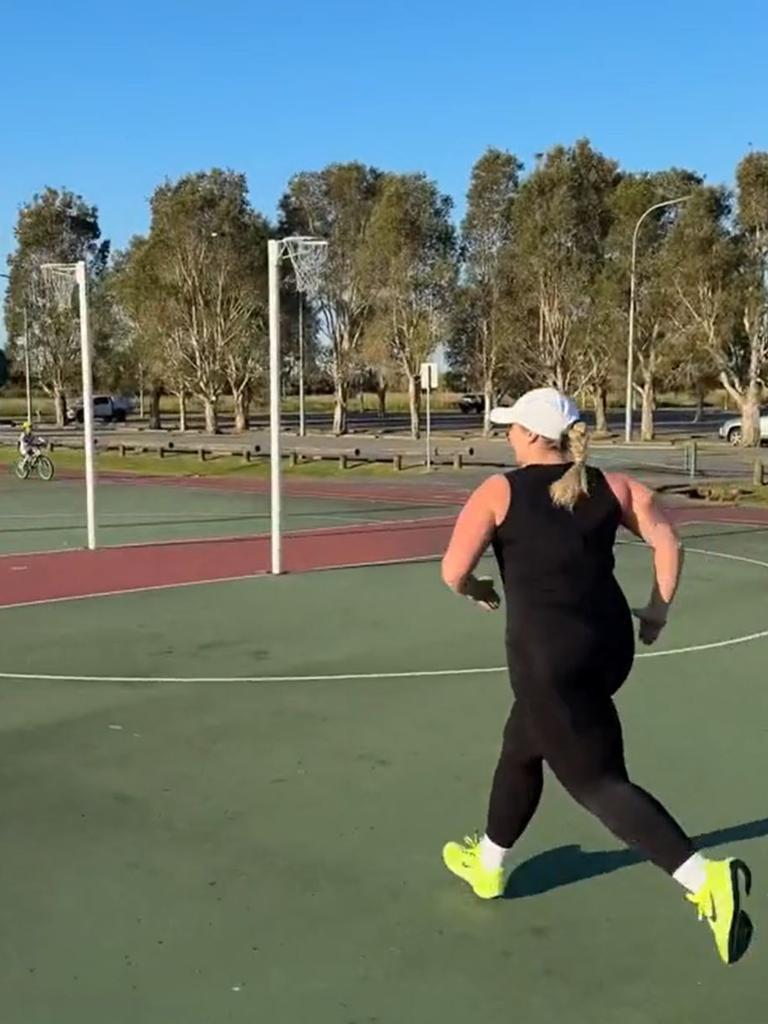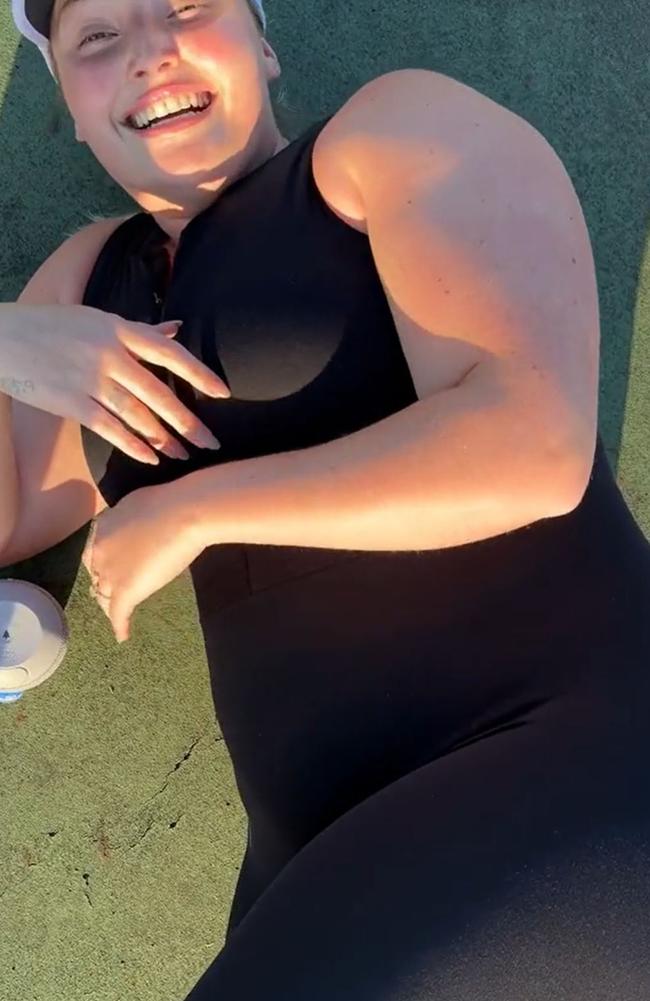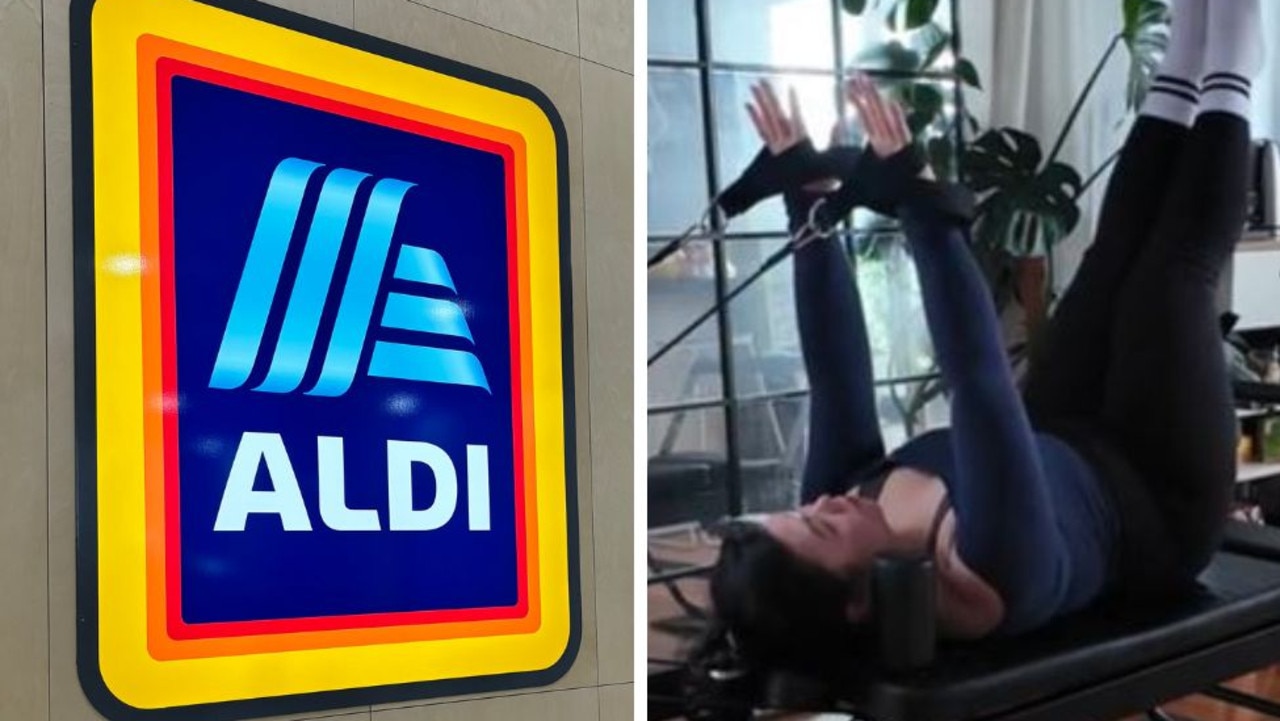'Traumatising' experience all Aussie children remember
An influencer has brought back to the surface a “traumatising” experience that Australian kids around the country vividly remember

Every Australian kid remembers the dreaded announcement in PE that instead of playing cricket or netball in the lesson, you’d be doing the Beep Test.
For those who escaped this torturous passage, the Beep Test was developed at the University of Montreal in the 1970s to determine someone’s aerobic capacity.
The Beep Test, also known as the Shuttle Run or Multi Stage Fitness Test, sees participants run back and forth between two points that are 20 metres apart. The speed is set by a beep. As the levels increase, so does the frequency of the beeps.
Somehow, it was introduced as part of PE in schools across the country and it was never an easy class.

Riley Hemson, who owns the fashion label Remmie by Riley, labelled the Beep Test as “traumatising” — but somehow found herself putting herself to the test as an adult.
“Name something more traumatising? I’ll wait. I can’t believe I’m actually about to do the Beep Test,” she said.
The influencer has been documenting her journey learning how to run after seeing her fiance, Vita, take it up last year.
Both of the couple were “triggered” by the idea of Riley taking part in the Beep Test, as she was trying to get to level nine. Level nine is the “upper end” of average.

As soon as the first beep sounded, Riley took off. She said she was going “very slow” at first in a bid to conserve energy because she knew it would speed up.
But it wasn’t long before another beep sounded and she had to take off again.
“Oh, I have to go back already. There’s no way I’m making it to nine. I thought I’d get a big break at the end,” she said.
“This is f****d. Something’s wrong.”
Vita cheered her on as she made it through level two and three. In the end, she made it to level 3.2.
Vita congratulated her on her “good starting point” while she laughed and said her goal was nine.
“I wasn’t that close! It was never that hard,” she said.
“I’m just as triggered, if not more triggered now. I do not recommend guys.”


Fellow social media users had equally fond memories of the Beep Test, with one saying it was “humbling” and another calling it “childhood trauma”.
One said: “I always felt very ill when we had to do the beep test at school, I’m getting flashbacks.”
“I always felt very ill when we had to do the beep test at school, I’m getting flashbacks,” another added.
“The audio actually gives me PTSD hahahaha,” another said.
One said: “I thought there was meant to be a gap where you wait at the other side before the next beep.”
“OMG TRIGGERED !!!! Absolutely hated doing this at school,” one said.

One revealed: “Best I did was about 8.4, I was the last student and out bet my teacher. I was like 14, I can’t believe I had that much endurance certainly don’t now!”
“The trauma I have from beep test Bruh. I lost more breath from the anxiety I had trying to beat the voice,” another commented.
In 2023, researchers from the University of South Australia were looking into how mandatory fitness testing like the Beep Test could impact people’s attitudes towards exercise later in life.
Daiki Kasai, a University of South Australia researcher and PhD candidate said: “Measuring children’s fitness is important because it not only shows how healthy they are now, but how healthy they may be in the future.

“Fitness testing is embedded into physical education curriculums internationally to assess children’s cardiorespiratory fitness.
“The 20-metre shuttle-run (20mSRT) is the most popular test used in schools. Here, participants run repeatedly between two parallel lines 20 metres apart, in time with an audio ‘beep’ that gets progressively faster until they reach exhaustion.
“The problem is, however, that exhaustive tests like this may evoke unpleasant emotional responses. Negative responses during exercise can be a strong predictor of future exercise participation. So, it is important to consider the emotional responses to current fitness tests used in Australia.”
He said the study aims to understand how children feel about fitness testing and hopes to inform future fitness policies — particularly as 80 per cent of Australian children aren’t meeting national guidelines for physical activity.






